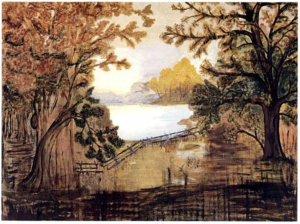How Old Is Too Old to Start a Business?
Someone asked on Quora whether 40 was too old to start a business. Once I was done laughing, this is how I answered:

One of the US’s most famous painters, Grandma Moses, started painting at 77 and made it her career at 78. I’ve known dozens of people who started a business after working in the corporate world for decade. And when I was a paid organizer for the Gray Panthers in my early 20s, my chapter leader was a 75-year-old fireball who had taken up yoga and become a vegetarian at age 70. It is only your own thinking that is holding you back.
But start small, keep another income stream, and test the waters. Make your business viable—and make sure you like it—before you saw off the bridge. Expect to flounder for a year or two as you figure out the intersections of your skills and interests with what the market wants.
I stated my business at 24 after several failures over the previous several years, expecting it to be a part-time thing until I could find a job. Instead, my business kept morphing and getting both more interesting and more successful. I’m now 60 and in the midst of yet another business reinvention. What I do today looks almost nothing like what I did 20 years ago, but the seeds were always there. My latest incarnation is helping businesses turn hunger and poverty into sufficiency, war into peace, and catastrophic climate change into planetary balance—not through guilt and shame but by creating and marketing profitable products and services that address these enormous challenges.
